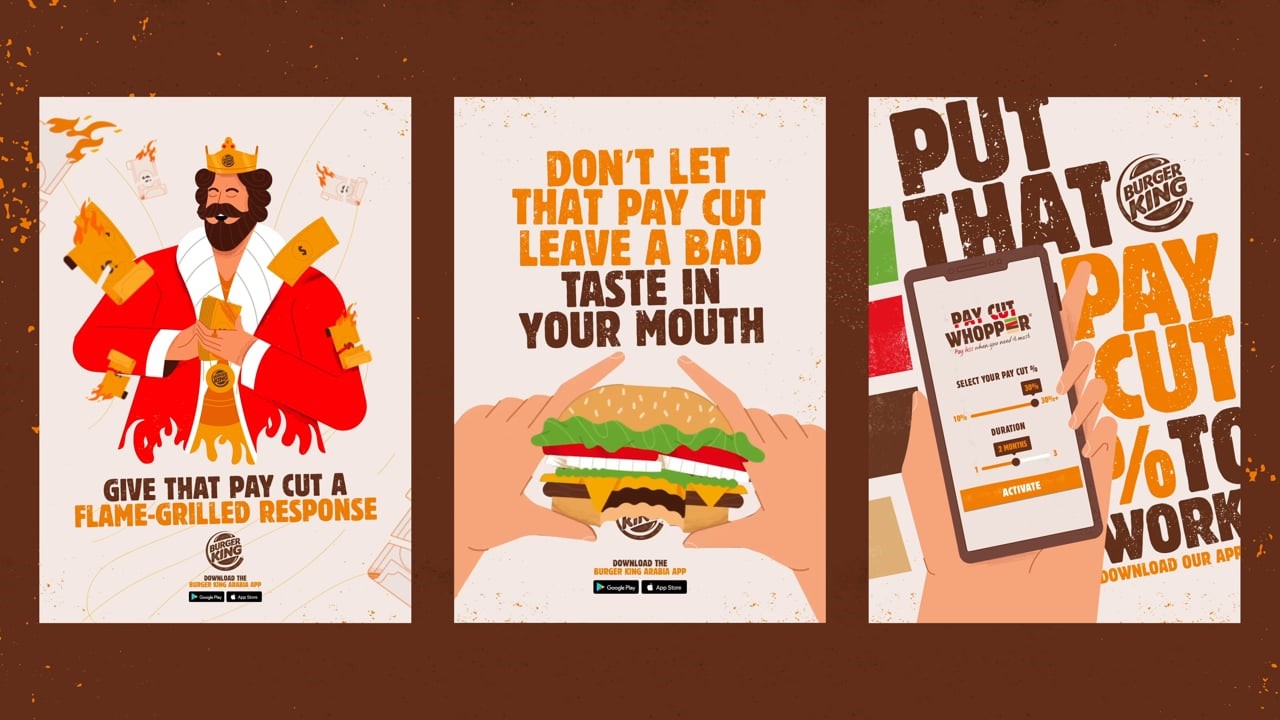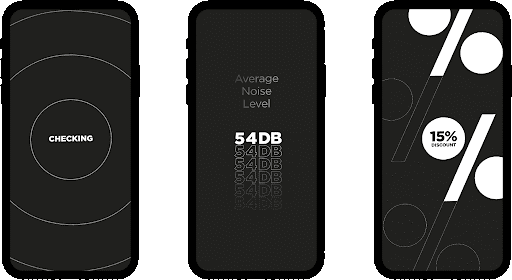PHD’s Roxane Magbanua analyses how a targeted approach to digital experiences benefited some of this year’s WARC Prize for MENA Strategy winners.
The fifth year of WARC Prize for MENA Strategy was an extraordinary one – it was a search for the best strategic thinking from the region’s marketing industry during the time of the COVID-19 pandemic. Amidst all the uncertainties and challenges due to the deep economic downturn caused by the severity of the pandemic, many marketers in the region made successful pivots in the way they’ve done things, which unlocked unprecedented growth to their businesses.
In 2020, during the height of the pandemic, WARC published its guide on Marketing in the COVID-19 recession, which presented marketers with relevant frameworks and actionable ideas to navigate the pandemic, helping brands make a rebound or fight for survival. One of the striking insights I’ve read on the guide was “going dark can weaken consumer bonding metrics”. Now that we are in the post-COVID recovery period, many of us would agree with this statement, whether based on observations or first-hand experiences.
In his article on WARC, ‘Brands in a time of crisis: Finding your role during unusual times’, Oliver Feldwick highlighted three important principles:
- Rapidly shift mindset to keep up with changing sentiment,
- Shift expectations and tone,
- Think in terms of ‘anti-fragile scenarios’ rather than fixed plans.
Consumers remembered how companies and brands responded in the peak of the pandemic in 2020. Brands which consciously demonstrated more empathy in supporting the emotional needs of their consumers further strengthened their foundation of goodwill and long-lasting emotional connections. Digital became the obvious platform for this as lockdowns made consumers even more connected than ever. Digital became the primary media in connecting, educating, and entertaining people.
Among this year’s WARC Prize for MENA Strategy winners were brands that successfully pivoted to digital during the pandemic. Practicing empathy and embracing agility in addressing the demands for heterogeneity, they tailored and evolved their business strategy as the crisis unfolded. What they have in common is that they created targeted approaches to digital experiences that generated increased cut-through resulting in business growth.
Audience understanding above all
KFC Arabia went beyond the usual giveaways and sponsorships to lift sales in Saudi Arabia by creating a campaign specifically targeted to the gaming community. This audience is huge, with over 100 million PC gamers in the MENA region, Saudi Arabia being a top market. However, there is a big challenge in communications: they actively avoid advertising.

What successfully worked for KFC in this campaign is how effectively it has built a strategy around perceived differentiation. It provided a new reason to buy the brand other than communicating its usual benefits and offers. KFC made huge efforts in understanding this audience, capitalising on their distinct gaming behaviours, working on their ‘existing habits’ rather than going against them. It disrupted its own conventional customer journey of ordering food by creating a cheat code programmed directly into KFC’s e-commerce website to shortcut ordering to just four keyboard strokes, delivering a secret menu item. This disruptive campaign resulted in a double-digit sales uplift, significant incremental new users on KFC’s e-commerce site, and most importantly, created strong and unique associations which drove preference amongst the gaming community in Saudi Arabia.
Empathy and humanity
With Pay Cut Whopper, Burger King demonstrated a tangible proof of empathy by turning a financial setback into a real marketing opportunity. It humanised the transactional nature of app orders by adding discount settings that anyone could customise. It was a simple trust filter that allowed its customers to match their pay cuts to Burger King discounts.

What successfully worked for Burger King in this campaign is how effectively it demonstrated situational differentiation. It took the situation as an opportunity to humanise the brand while taking a different approach in promoting discounts. This creative innovation resulted in an increase in home delivery sales, as well as uplifts in redemption rate and app downloads.
Rethinking communication models
Bose’s Noise-O-Meter reframed the brand’s value proposition to ensure it stayed relevant during the pandemic. It re-oriented Bose’s customer experience efforts, which were historically very dependent on in-store visits, into pure digital and social interactions. Bose showcased its own technology, having an algorithm that interpreted sound data and ambient noise and used this as a key feature to promote its noise-cancelling headphones – converting everyday decibels into discounts.

Bose smartly presented persuasive arguments built around the problem of people struggling to work from home due to noise and seamlessly addressed it through its product. This campaign is also a testament of how a brand that is very traditional in its customer approach harnessed the power of digital, e-commerce and unique experiences to create growth opportunities. This redefined communication from Bose resulted in a double-digit increase in average weekly online sales for noise-cancelling headphones during the campaign period.
Three considerations on pivoting
By delivering targeted and empathetic experiences to customers through digital touchpoints, KFC, Bose and Burger King not only won in terms of business results but also built new memory structures for their customers, which can have a long-term impact on brand equity and salience.
With more brands accelerating their digital transformation as part of their post-pandemic strategy, there are three factors that marketers should consider.
- Personalisation and targeted approaches are not a ‘nice-to-have’. They are a ‘must-have’ to be done intentionally and at scale.
- Context and brand purpose are important factors to build emotional connections with consumers. Practice authentic empathy consistently.
- Data and technology are critically important. Data can show the formation of new habits, providing first-mover advantage, while technology allows for speed and agility.
An abridged version of this article appears in WARC's 2021 MENA Strategy Report.

